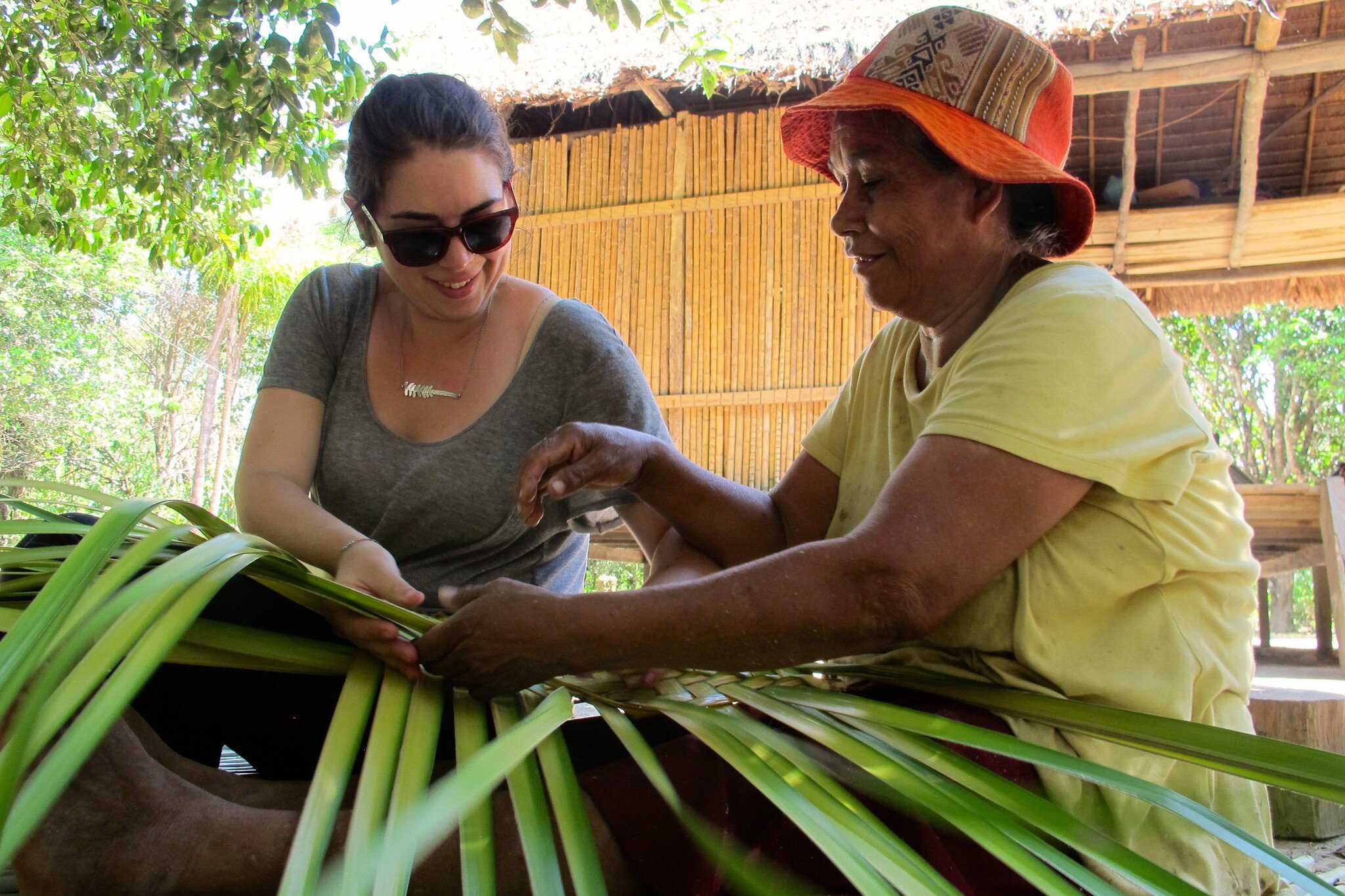Engage Locally Community Tourism for Rich Cultural Immersion

Exploring the Essence of Community Tourism: Embracing Authentic Travel Experiences
Understanding Community Tourism
Community tourism represents a departure from conventional tourist paradigms. It’s about more than just visiting a destination; it’s about engaging with local communities, fostering cultural exchange, and contributing positively to the places we visit. Unlike traditional tourism models, community tourism prioritizes authenticity, sustainability, and mutual respect between travelers and locals.
Embracing Authenticity
One of the key principles of community tourism is authenticity. Instead of seeking out tourist traps and sanitized experiences, travelers are encouraged to immerse themselves in the everyday life of local communities. This might involve staying in homestays, dining at family-run eateries, or participating in traditional ceremonies and rituals. By embracing authenticity, travelers gain a deeper understanding of the destinations they visit and forge meaningful connections with the people who call those places home.
Supporting Local Communities
Community tourism has the power to positively impact local economies and empower communities. When travelers choose to patronize locally-owned businesses, stay in locally-operated accommodations, and engage in locally-led activities, they contribute directly to the economic well-being of the communities they visit. This, in turn, helps to preserve cultural heritage, protect the environment, and create sustainable livelihoods for residents.
Fostering Cultural Exchange
One of the most rewarding aspects of community tourism is the opportunity for cultural exchange. Whether it’s learning a traditional craft from a local artisan, sharing a meal with a host family, or participating in a cultural festival, travelers have the chance to engage with local traditions and customs firsthand. These interactions not only enrich the travel experience but also promote cross-cultural understanding and appreciation.
Promoting Environmental Sustainability
In addition to its social and cultural benefits, community tourism also has environmental advantages. By promoting small-scale, low-impact tourism activities, community-based tourism initiatives help to minimize the negative environmental effects associated with mass tourism. This might include initiatives such as nature walks, wildlife conservation projects, or sustainable agriculture practices. By prioritizing environmental sustainability, community tourism ensures that natural resources are preserved for future generations to enjoy.
Creating Meaningful Connections
At its core, community tourism is about creating meaningful connections—between travelers and locals, between cultures, and between people and the places they visit. Unlike traditional tourism models, which often prioritize superficial experiences and checklist-style itineraries, community tourism encourages travelers to slow down, engage with their surroundings, and forge genuine connections with the people and places they encounter along the way.
Challenges and Opportunities
While community tourism offers numerous benefits, it also presents its fair share of challenges. Balancing the needs and expectations of travelers with the preservation of local cultures and environments can be a delicate dance. Additionally, ensuring that the economic benefits of tourism are equitably distributed within communities can be a challenge in destinations with existing disparities in wealth and resources. However, with careful planning, stakeholder engagement, and a commitment to sustainability, these challenges can be overcome, and community tourism can continue to thrive as a force for positive change in the travel industry.
The Future of Community






